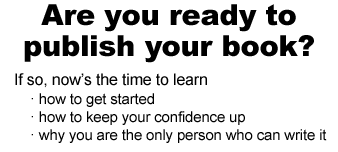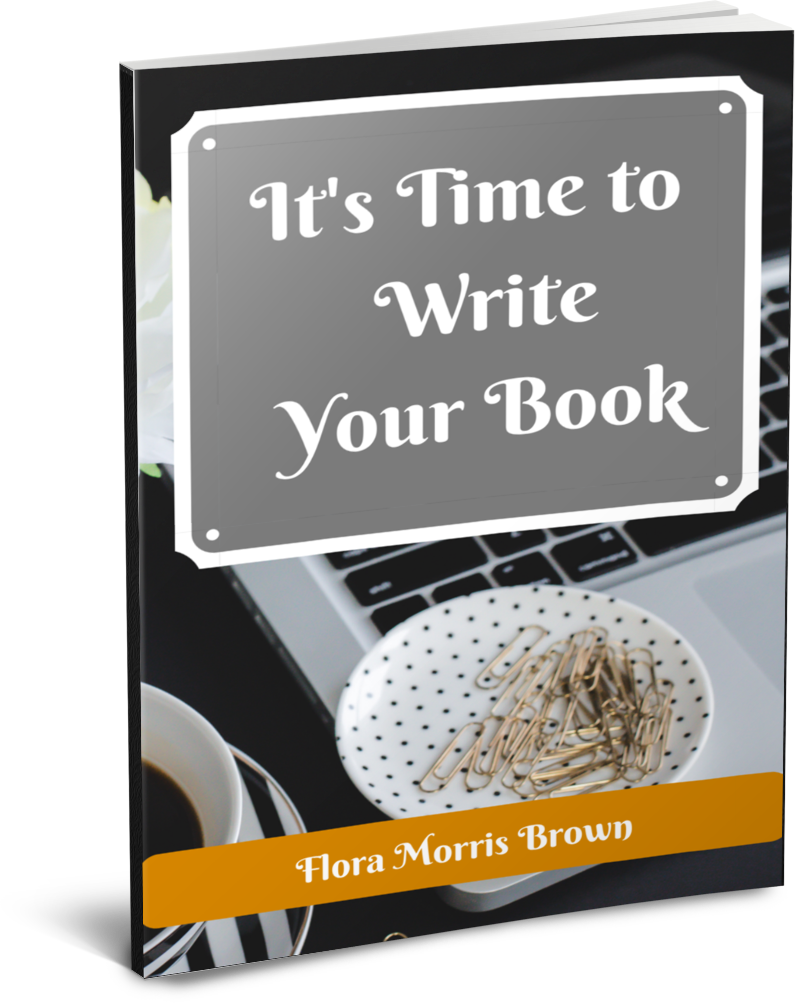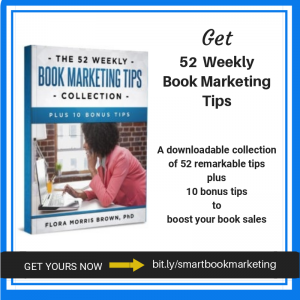One of my clients thanked me recently for saying something that freed her.
What was that I asked,”Your first draft is not going to be that great. a C+ at best.”
This one statement enabled her to stop worrying about perfection and crank out her first draft without trying to edit along the way. Only then could she get to the ever important task of editing.
My words to her were a lot more genteel than Hemingway’s words in this letter to F. Scott Fitzgerald:
For Christ sake write and don’t worry about what the boys will say nor whether it will be a masterpiece nor what. I write one page of masterpiece to ninety one pages of shit. I try to put the shit in the wastebasket. You feel you have to publish crap to make money to live and let live. All write [sic] but if you write enough and as well as you can there will be the same amount of masterpiece material (as we say at Yale). You can’t think well enough to sit down and write a deliberate masterpiece and if you could get rid of Seldes and those guys that nearly ruined you and turn them out as well as you can and let the spectators yell when it is good and hoot when it is not you would be all right
http://www.lettersofnote.com/2012/04/forget-your-personal-tragedy.html












